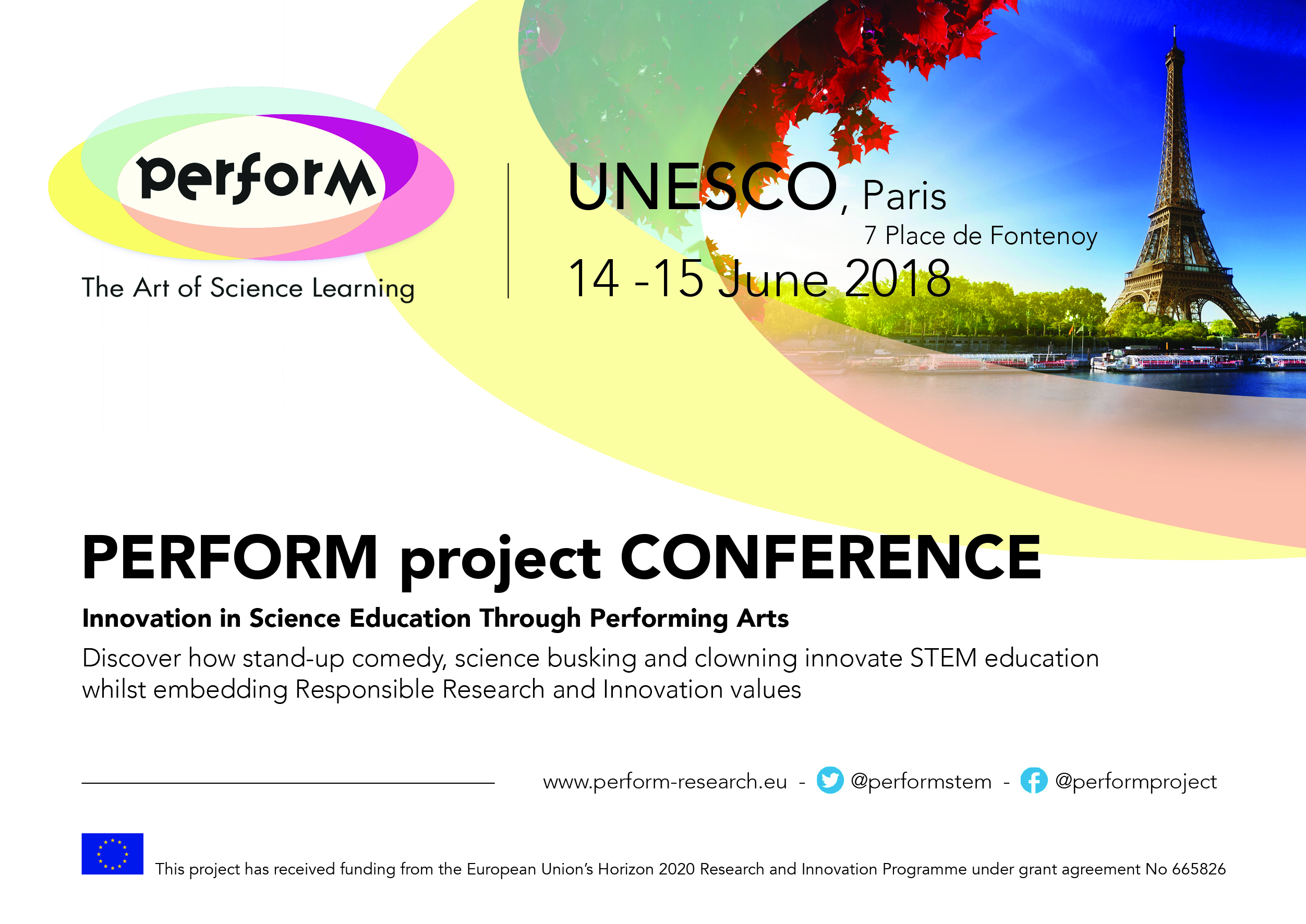RRI in the Education practice
 A new article describing how to assess the impact of Responsible Research and Innovation (RRI) values implementation in daily education practice was just published on the INTERNATIONAL JOURNAL OF SCIENCE EDUCATION. The authors, Maria Heras and Isabel Ruiz-Mallén highlight the main features of the process that led to identification of 86 key RRI assessment indicators in science education related to RRI values, transversal competences and experiential and cognitive aspects of learning. The paper, that briefly introduces the notion of RRI in science education and proposes an analytical framework for its assessment, is the result of a thoroughly literature review and analysis of experiences in education. The review was complemented by a series of exploratory workshops with secondary school students in selected schools in Spain, UK and France to include their views on the assessment through the development of participatory indicators as described in the PERFORM report on Methodological aspects of science education assessments. Under the lenses of RRI, contemporary science education should foster students’ engagement, critical thinking and reflexivity about science and scientific practice, as well as enhance social and personal skills, and embed social and ethical principles in the educative process. To ensure the proper inclusion of such RRI learning outcomes and process requirements in science education practice, it is crucial to develop impact assessment frameworks directly and effectively addressing these aspects. Discover how in the full article.
A new article describing how to assess the impact of Responsible Research and Innovation (RRI) values implementation in daily education practice was just published on the INTERNATIONAL JOURNAL OF SCIENCE EDUCATION. The authors, Maria Heras and Isabel Ruiz-Mallén highlight the main features of the process that led to identification of 86 key RRI assessment indicators in science education related to RRI values, transversal competences and experiential and cognitive aspects of learning. The paper, that briefly introduces the notion of RRI in science education and proposes an analytical framework for its assessment, is the result of a thoroughly literature review and analysis of experiences in education. The review was complemented by a series of exploratory workshops with secondary school students in selected schools in Spain, UK and France to include their views on the assessment through the development of participatory indicators as described in the PERFORM report on Methodological aspects of science education assessments. Under the lenses of RRI, contemporary science education should foster students’ engagement, critical thinking and reflexivity about science and scientific practice, as well as enhance social and personal skills, and embed social and ethical principles in the educative process. To ensure the proper inclusion of such RRI learning outcomes and process requirements in science education practice, it is crucial to develop impact assessment frameworks directly and effectively addressing these aspects. Discover how in the full article.




